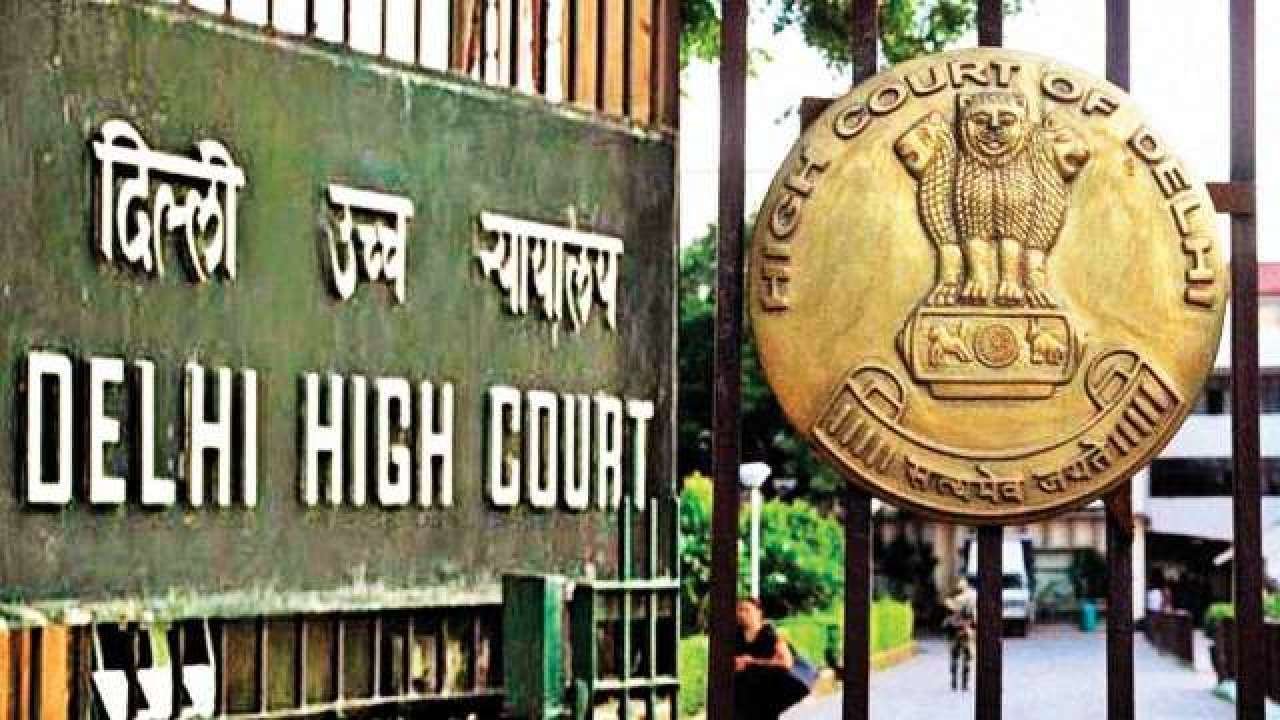The Supreme Court was engaged in reviewing petitions seeking reevaluation of its earlier decision in the case of Vijay Madanlal Choudhary v. Union of India, wherein it had confirmed the legality of certain aspects of the Prevention of Money Laundering Act (PMLA). The court vocally expressed that the Enforcement Directorate (ED) lacks the authority to utilize the PMLA in instances of tax evasion because infractions of the Income Tax Act are not recognized as scheduled offenses under the PMLA.
A panel of Justices Sanjay Kishan Kaul, Sanjiv Khanna, and Bela M. Trivedi was presiding over the hearing where petitioners objected to the strict clauses of the PMLA. Senior Advocate Kapil Sibal, on behalf of Congress leader Govind Singh, argued that the ED was employing the PMLA for tax evasion by alleging criminal conspiracy. Under the PMLA, Section 120B of the IPC, which prescribes the punishment for criminal conspiracy, is listed as a scheduled offense. However, the Court indicated that merely categorizing tax evasion cases as criminal conspiracies does not justify the invocation of the PMLA.
Justice Khanna emphasized, “If the Enforcement Directorate suggests that recognition under the PMLA to register an ECIR is achievable by adding Section 120B IPC to a non-scheduled offense, I am troubled. Without the primary offense being listed, 120B alone does not establish a laundering crime.”
The Supreme Court was contemplating a cluster of petitions that requested a second look at the Court’s prior decision, which had validated the constitutionality of PMLA’s provisions. Solicitor General Tushar Mehta, representing the government, showed concern about the petitioners’ apparent attempts to prolong the hearing by amending their petitions. He contended that the challenge seemed to have shifted from specific provisions to the entire Act, necessitating a response from government bodies.
Sibal advocated for a Constitution Bench to take up the case, suggesting that a five-judge panel would be more adept at resolving the legal intricacies. He reiterated concerns that the PMLA endowed the ED with police-like powers to compel statements from witnesses and accused without informing them of the summons’ basis.
Justice Trivedi questioned how a summons could infringe upon an individual’s rights since the aim is to facilitate the investigation. Sibal countered, highlighting the confusion and constitutional rights issues that arise from not knowing the reason for the summons, which could lead to arrest.
Sibal also expressed concerns about applying laws designed to tackle organized crime and terror financing to private disputes, allowing investigative agencies too much latitude. Justice Kaul remarked that the Court’s task was to decide the law’s constitutionality, irrespective of the FATF’s stance.
“We must assess whether it aligns with constitutional standards, regardless of FATF preferences,” he said.
The proceedings are set to continue. In November 2017, Justices Sanjay Kishan Kaul and Rohinton Nariman struck down Section 45(1) of the PMLA, which had included additional conditions for bail in money laundering cases. This decision was overturned in July 2022 by a three-judge bench, reaffirming several PMLA sections.
The Court had also ruled that defendants in PMLA cases need not be furnished with the Enforcement Case Information Report (ECIR), equating the ECIR to an internal document rather than an FIR. Furthermore, the Court had dismissed claims of disproportionate penalties under the PMLA as “unfounded.”
This 2022 decision met with significant backlash, resulting in a slew of petitions for reconsideration. The Central government was notified about one such petition for review by Congress leader Karti Chidambaram in August of the previous year. Earlier this year, a bench headed by Justice Kaul sought responses from the government and the ED to a challenge against the validity of Sections 50 and 63 of the PMLA.



